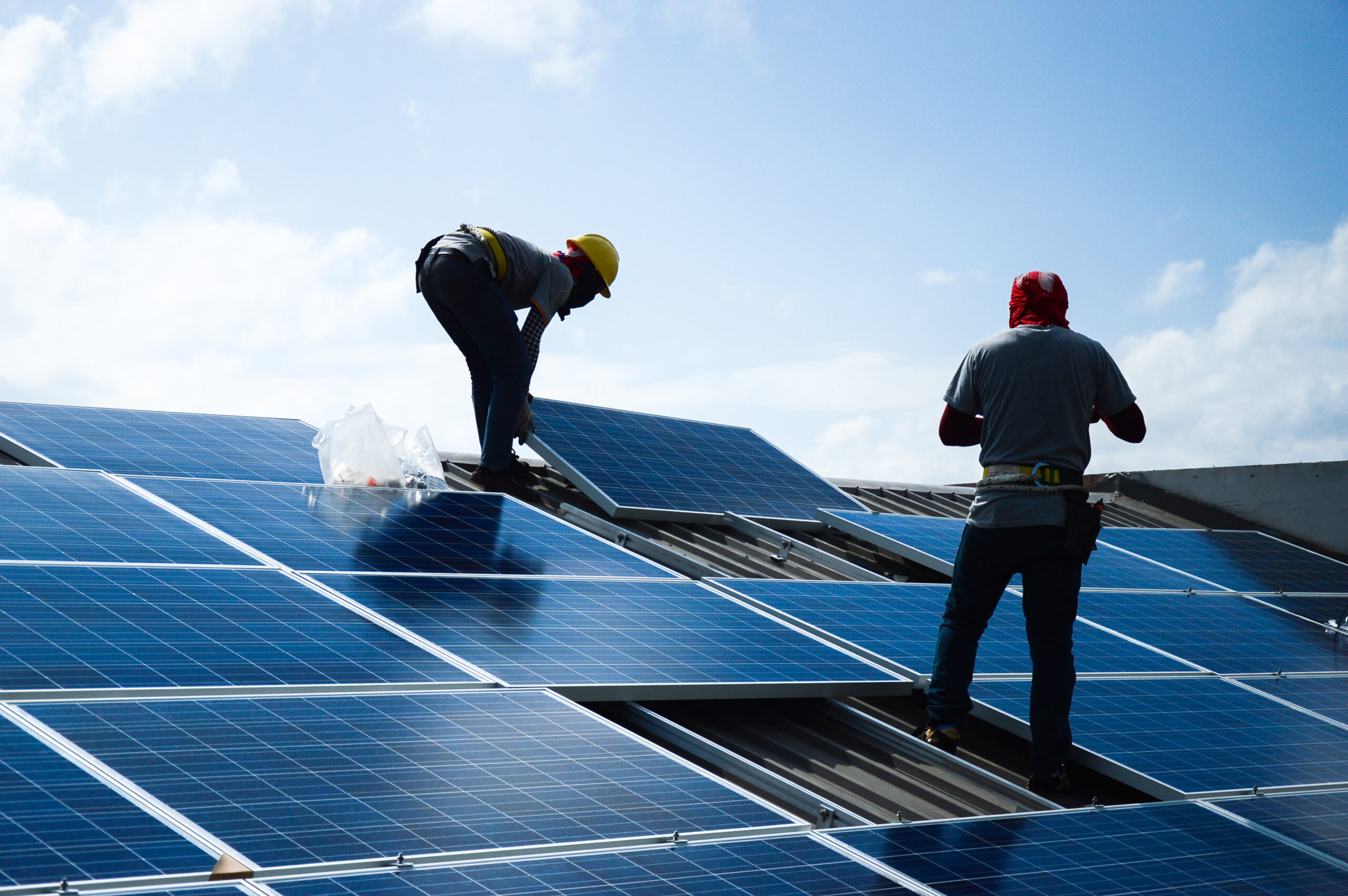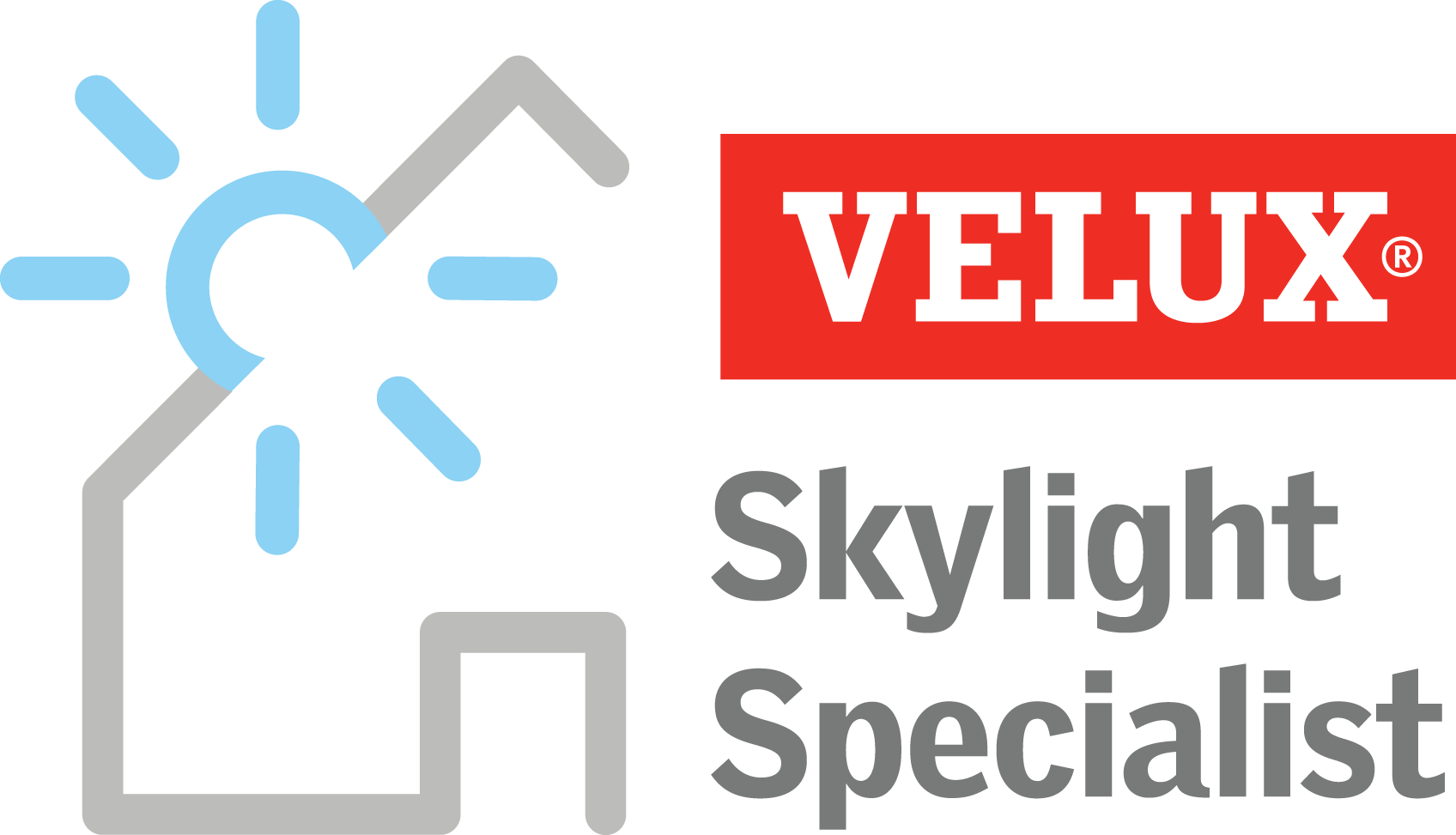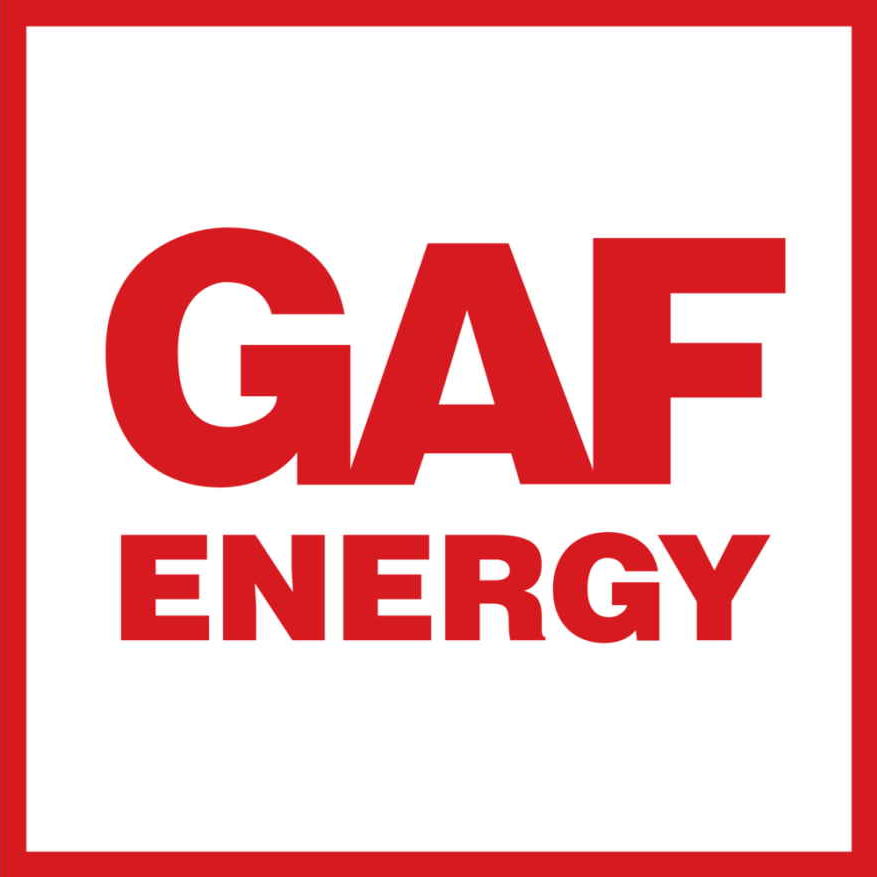10 Things to Know Before Installing Solar

With an increasing number of homeowners embracing solar energy, it’s evident that solar power has become a popular choice for residential properties across the United States. According to the US Energy Information Administration (EIA), solar accounts for about 6% of the United State’s energy production. However, that is expected to increase substantially in the coming years. More individuals are installing solar on private properties, but community solar power is also a promising market.
The reasons behind the surge in solar adoption are many. Homeowners see solar energy as a means to reduce their carbon footprint, embrace a renewable energy source, and contribute to a cleaner environment. Plus, it doesn’t hurt that the panels are built to last. Well-maintained panels built in the 1980s can still operate with more than 80% efficiency.
The potential for substantial cost savings on electric bills also makes solar an attractive option. With federal tax credits and its surprising affordability, installing solar panels has become a financially savvy investment that delivers long-term benefits. However, like anything else, there are several factors to consider when thinking about installing solar for your home.
1. Types of Systems
Before diving into solar installation, it’s important to understand the different types of solar systems and panels available. Roof integrated, rack-mounted, or ground-mounted each has unique characteristics and considerations.
Roof Integrated: These systems seamlessly integrate solar into the structure of your roof.
Rack-Mounted: These are the traditional installation option, with the solar panels mounted on racks or frames and placed on your existing roof. These systems offer flexibility for panel orientation and tilt.
Ground-Mounted: Ground-mounted systems are, of course, mounted on the ground. These are often chosen for larger-scale projects or when roof space is limited.
2. Does Your Roof Need to be Replaced?
Have a roofing contractor like Bachman’s Roofing evaluate the condition of your roof before installing solar panels. If your roof is between 10-15 years consider getting your roof replaced to avoid unnecessary costs in the future. This will ensure your solar system is on a solid foundation.
3. Size, Shape, and Direction of Your Roof
The size and shape of your roof play a crucial role in determining how much energy your solar system will produce. A larger roof with optimal sun exposure will generally yield higher energy production. Don’t forget to consider things like trees surrounding your property as they may reduce the energy production of your system. The direction your roof is facing also plays an important role to maximize solar efficiency. Roofs facing south typically receive the most sunlight throughout the day. Also, be sure your installer is following all the building and fire codes on the national, state, and local levels.
4. The Cost of Solar
Understanding the cost of solar panels and associated equipment is essential. Consider factors such as the cost of solar equipment, labor, permits, and interconnections. When looking for a company to install your solar system consider looking for a roofing and solar contractor like Bachman’s. We have the expertise to ensure your roofing & solar system will work together harmoniously.
5. How Much Can You Save with Solar?
Calculate the potential savings you can achieve with solar power. Check with your utility company about their net metering policy and speak to your tax advisor regarding the solar tax incentives available. It is important to evaluate all the financial benefits over the system’s lifespan.
6. Are There Warranty Options?
Research the warranties provided by solar panel manufacturers and installation companies. A comprehensive warranty ensures peace of mind, covering both equipment performance and workmanship. Solar panels don’t have moving parts, so they don’t wear down quickly. Many companies offer warranties of up to 20 years!
7. Connecting Your Solar Power to the Grid
Understand the process of connecting your solar power system to the electrical grid. Make sure your installer gets the necessary permits, installs the appropriate meters, and complies with regulations.
8. What if You Move?
Let’s face it, if you move your system probably isn’t going to move with you. But if you plan on moving and you have solar on your home, it increases your home value by an average of 3%, according to Zillow.
9. Finding a Reliable Contractor
Choosing a reputable and experienced solar contractor is vital for a successful installation. Research potential contractors in your area, check customer reviews, and ask for referrals to ensure quality workmanship and customer satisfaction.
10. Opting for a Roofing and Solar Contractor
Choosing a roofing and solar contractor like Bachman’s Roofing provides a distinct advantage. With a wealth of experience in roofing, Bachman’s understands the intricacies of a roof’s lifespan and structure. This unique expertise allows them to comprehensively assess your roof’s condition, ensuring that the solar installation not only harnesses renewable energy but also enhances the longevity and integrity of your roof. Choosing a contractor with a dual focus on roofing and solar not only guarantees a seamlessly integrated installation but also instills confidence in the reliability and durability of your entire roofing system.
As more homeowners recognize the benefits of solar energy, it’s important to be well-informed before installing solar. Embrace the power of solar and join the growing number of homeowners enjoying the clean, renewable, and cost-effective advantages of solar energy.




















